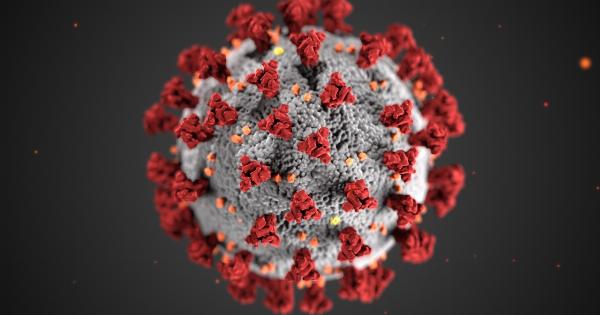May 5 is recognized as World Asthma Day. This chronic disease affects millions of people worldwide, especially children. It is a respiratory disease that causes inflammation in the air passages, resulting in difficulty breathing.
Asthma can be a life-altering condition, and it is essential to understand its causes, treatments, and prevention measures.
What is Asthma?
Asthma is a chronic respiratory disease that affects the air passages in the lungs. In people with asthma, the airways become inflamed, swollen, and narrow, making it difficult to breathe.
Asthma can be triggered by various factors, including allergies, air pollution, respiratory infections, stress, and exercise. The symptoms of asthma include wheezing, shortness of breath, chest tightness, and coughing. These symptoms can range from mild to severe, and in some cases, asthma attacks can be life-threatening.
Asthma in Children
Asthma affects people of all ages, but it is more common in children than in adults. In fact, asthma is one of the most common chronic diseases in children, affecting approximately 5-10% of children worldwide.
Children with asthma may experience symptoms such as wheezing, coughing, and shortness of breath during physical activity or at night.
Causes of Asthma in Children
There is no known cause of asthma, and researchers believe that it is a combination of genetic and environmental factors. Children with a family history of asthma or allergies are more likely to develop asthma themselves.
Exposure to tobacco smoke, air pollution, and respiratory infections may also increase the risk of developing asthma in children.
Treatment for Asthma in Children
There is currently no cure for asthma, but it can be managed with proper treatment. The most common treatment for asthma in children includes inhalers, which help to open up the airways and reduce inflammation.
Other medications, including oral steroids, leukotriene modifiers, and allergy medications, may also be prescribed by a doctor. It is important to work with a doctor to develop a personalized treatment plan for children with asthma.
Preventing Asthma in Children
While there is no sure way to prevent asthma, there are steps that parents can take to reduce the risk of their children developing the disease. Avoiding exposure to tobacco smoke and air pollution is critical, as is preventing respiratory infections.
Maintaining a healthy diet and regular exercise can also improve overall respiratory health and reduce the risk of developing asthma.
Impact of Asthma on Children
Asthma can have a significant impact on the lives of children and their families. Children with asthma may experience limitations in physical activity, leading to reduced participation in sports and other activities.
They may also miss school or have to limit their social activities due to their condition. Parents may also experience increased stress and emotional burden in caring for a child with asthma.
Support Resources for Families with Asthmatic Children
Families with children who have asthma may benefit from support resources, including educational materials and support groups.
These resources can provide information on managing asthma, developing treatment plans, and improving overall respiratory health. It is important for families to communicate with their healthcare providers and seek out resources to help manage asthma effectively.
Conclusion
World Asthma Day is an important opportunity to raise awareness of this chronic respiratory disease, particularly its impact on children. With proper management, children with asthma can live full and active lives.
It is critical for families to work with healthcare providers to develop personalized treatment plans and take steps to prevent and manage asthma effectively.






























